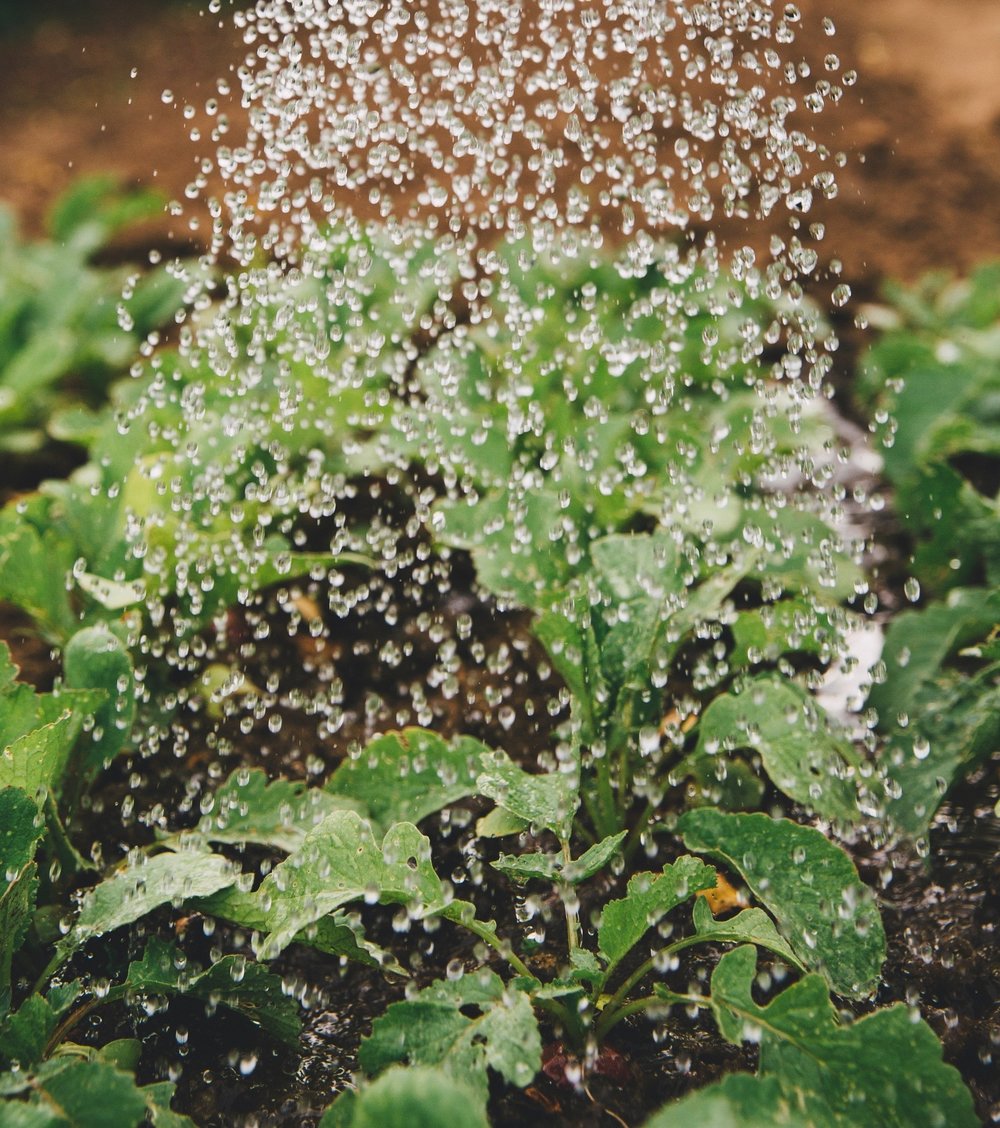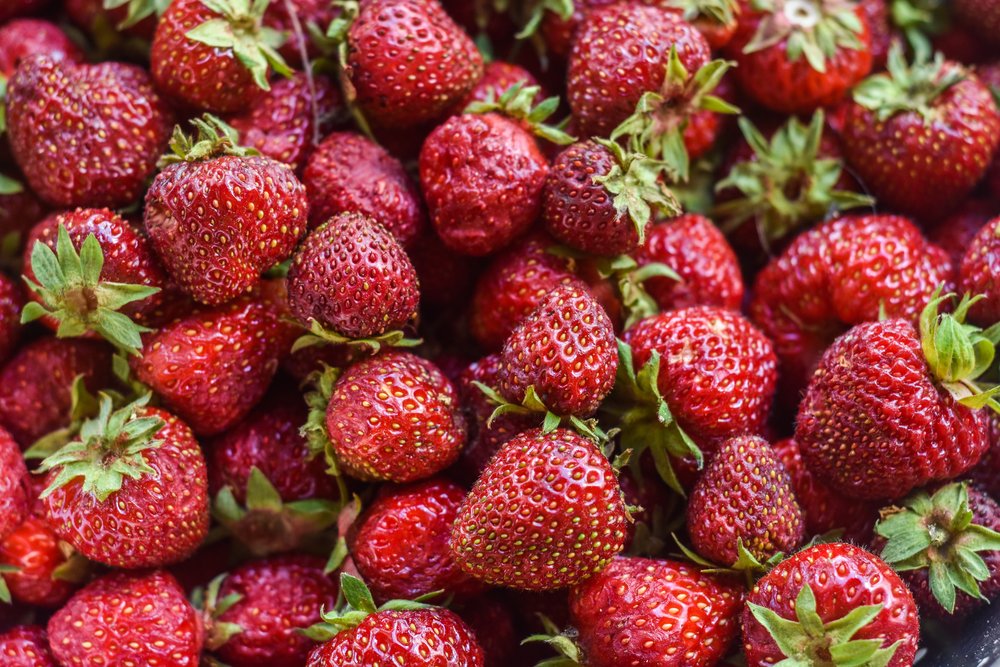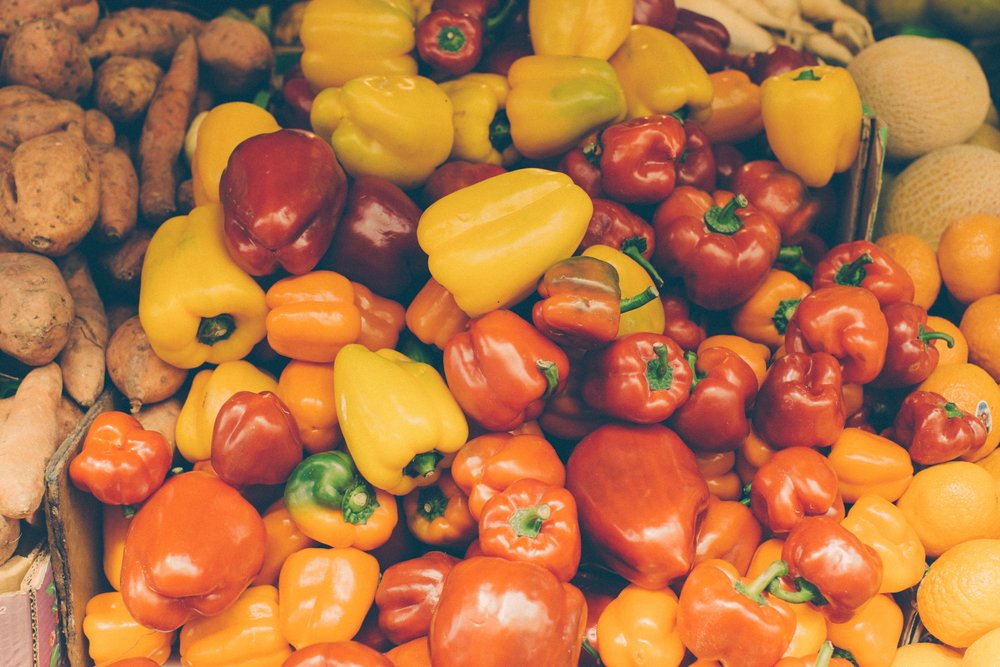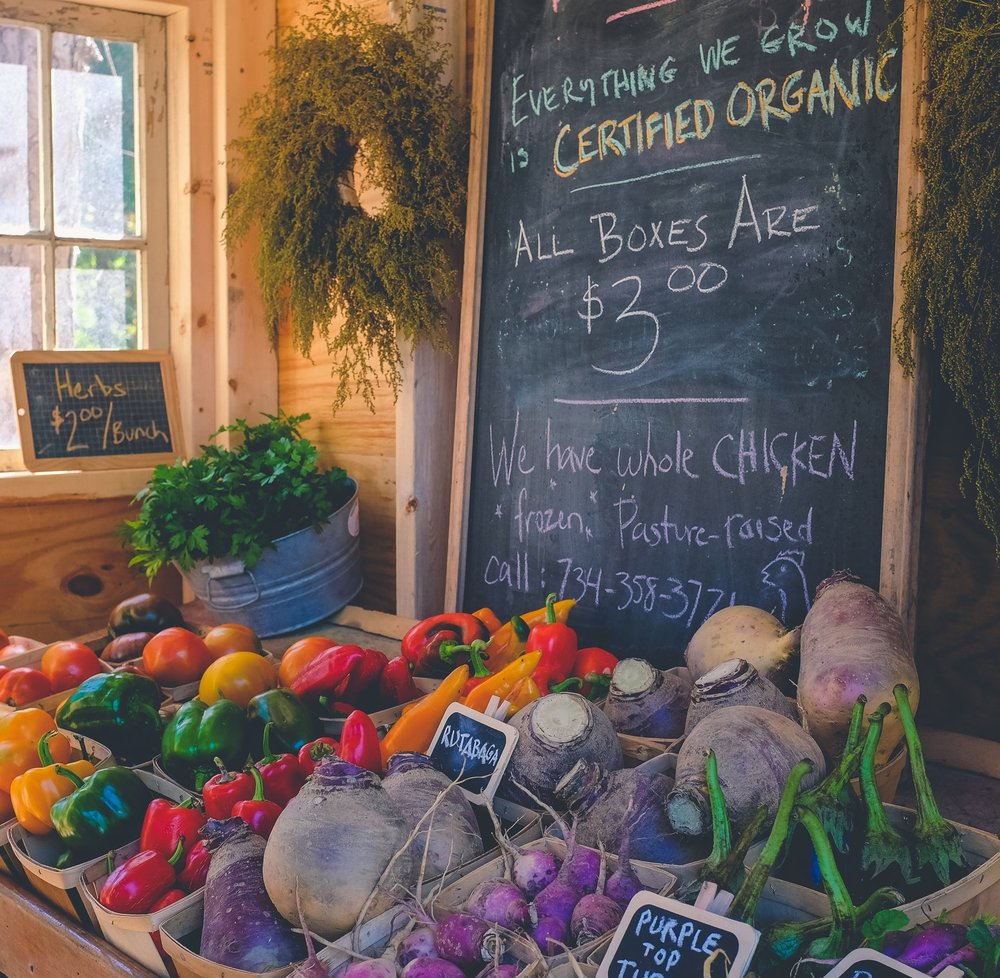2018's DIRTY DOZEN +1

Every year the crew down at the Environmental Working Group get together and independently test our conventionally grown fruits and vegetables on their toxic pesticide, herbicide and fungicide residue.
If you aren't made of money to buy all organic produce, you definitely should keep this list in mind whilst doing your weekly shopping to prioritise what should be organic in your shopping basket.
Why? You may not taste them but they are pretty bad for you and your kids. Research suggests that "pesticides may induce chronic health complications including neurodevelopment or behavioural problems, birth defects, asthma, and cancer,".
Research shows that some herbicides, pesticides and fungicides are highly toxic and accumulate in the body over a lifetime. To make up for your years of your non-organic shopping, you can also incorporate detoxification processes into your week like soaking in a Detox Bomb and using our Detox Spray to remove harmful toxins from the body.
The jury is out with our 2018 results:
THE DIRTY DOZEN +1
- Strawberries. Our favourite accompaniment with champagne has topped the list for the 3rd year in a row. One sample strawberry contained 22 separate pesticide residues.
-
Spinach: Samples showed a high concentration of a neurotoxic and brain damaging insecticide with 97% of samples contained pesticide residues and 1.8 times as much pesticide residue by weight than any other crop. Popeye must have been eating organic.
-
Nectarines: 94% of tested samples contained two or more pesticides.
-
Apples: 9/10 apples tested showed to have pesticide residue. Even worse, 8/10 samples contained a pesticide banned in Europe due to its cancer causing agents.
-
Grapes: Samples contained 5 pesticides. Organic wine please, waiter.
-
Peaches: Not all peaches and cream, with samples showing 4 pesticides on average and 99% of samples testing positive.
-
Cherries: The cherry on top was that a third of tested samples contain a pesticide banned in Europe due to its cancer causing agents. Yum.
-
Pears: Results were a bit pear shaped, with all half of all samples having 5 or more pesticides (Carbendazim, Diphenylamine, Acetamiprid & Imidacloprid)
-
Tomatoes: If it is on pizza does it count?
-
Celery: 95% of samples contained pesticides and insecticides.
-
Potatoes: By weight, our favourite veggie contains more pesticides than any other crop. Ouch.
-
Sweet Bell Peppers: Also known as capsicum for our Australian friends.
-
+ Hot peppers: This years results for hot peppers were alarming, with samples contaminated with insecticides (cephate, chlorpyrifos and oxamyl) that are toxic to the human nervous system, rounding out this years list to make a bakers dozen.
PRO TIP:
If you cannot source organic produce, soak your fruits and veggies in 1 part vinegar to 4 parts water for 5 minutes. Please note this will not help with systemic pesticides that are inside the produce, only the reside on the outside. Alternatively you can also buy an all natural fruit and vegetable spray.


2018 Dirty Dozen results showing strawberries, peppers and potatoes ranked amongst the worst offenders.
THE CLEAN FIFTEEN

On a more positive note, here are the results for the cleanest conventionally grown products:
- Avocados topped the list with fewer than 1 % of avos tested positive to pesticides.
- Sweet corn
- Pineapples
- Cabbage
- Onions
- Frozen sweet peas
- Papayas
- Asparagus
- Mango
- Eggplant
- Honeydew melon
- Kiwi
- Cantaloupe melon
- Cauliflower
- Broccoli
Here at LeQure we do support buying organic produce when possible as herbicides and pesticides ( Acetamiprid & Imidacloprid) have been shown to be potent bee-killers, accumulating to the declining bee population.
“If the bee disappeared off the face of the Earth, man would only have four years left to live.” - Albert Einstein.
Source: EWG
